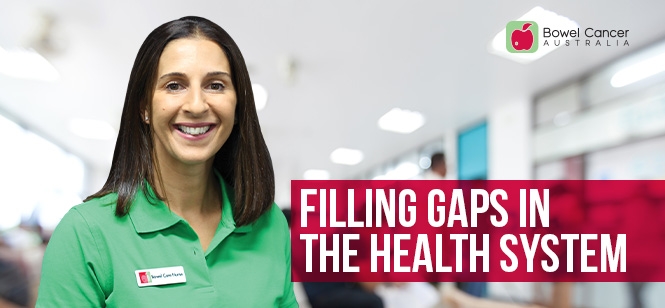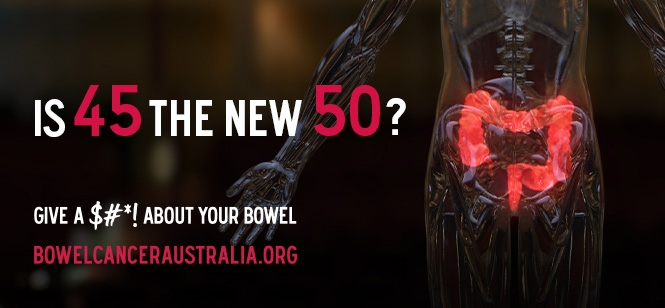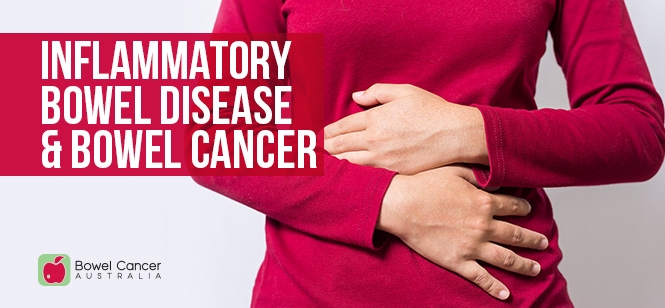Media centre

As an in-house Bowel Care Nurse at Bowel Cancer Australia, Fiona has dedicated the past eight years to the prevention, early diagnosis, research, quality treatment and the best care for everyone affected by bowel cancer.
- Details
A new global study of seven high-income countries has found that in the decade up to 2014, Australia’s second most deadly cancer is on the rise in people under 50.
- Details
Inflammatory bowel disease (IBD) describes disorders that involve chronic inflammation of the digestive tract.
Chronic inflammation can cause continuous turnover of cells in the intestinal lining.
- Details
“Imagine a roller coaster,” said Dr Peter Harvey, Consultant Clinical Psychologist at Leeds Teaching Hospitals Trust in a presentation he gave titled ‘After the Treatment Finishes – Then What?’
- Details
How a person reacts and responds to a cancer diagnosis can range from shock and sadness to denial or despair. Coping with such a life-changing event is never easy, but there are things family and friends can do to support a loved one who has been told they have bowel cancer.
- Details
Bowel habits are unlikely to return to what they were before surgery for anyone who has had bowel cancer, according to more than 200 bowel cancer patients surveyed around the world.
- Details
"Bowel cancer patients have unique needs which aren’t just physical," said Bowel Care Nurse Katie Emanuelli, who supports bowel cancer patients and their families in the community of Shepparton.
- Details
Profiling of 60 bowel adenoma polyps will be used to better define optimal colonoscopic surveillance intervals, thanks to a new research grant to the Lawrence Penn Chair of Bowel Cancer Research from the Medical Research Future Fund (Sydney Health Partners).
- Details
Bowel Cancer Australia is calling on Federal, State and Territory governments to increase funding for colonoscopies to reduce wait-times to 30 days and minimise patient distress and anxiety.
- Details














